Has Pope Francis Gone Too Far?
Devra Torres | Sep 14, 2013 | 2 cmts
When Pope Francis was first elected, and people weren’t really used to him yet—wait, are we used to him now?—the air was thick with wild, vaguely alarmed speculation. Having just helped to edit a translation of a collection of homilies and addresses of his,
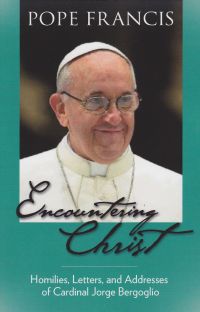
I was anxious to lay everyone’s fears to rest. So I wrote Why You Shouldn't Worry About What Pope Francis Might Do Next.
Six months down the road, some people’s fears are still not resting easy. (“Doesn’t he realize how he sounds?” “Doesn’t he know how the media is going to spin that?” “Wait, did he just say fornication is OK now but celibacy is forbidden?”)
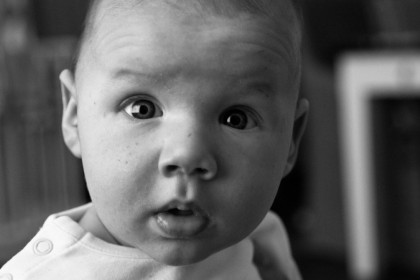
Nor does Papa Francis show signs of subsiding into a harmless, predictable “religious figure.” So let’s take a second look.
I heard a thought-provoking Al Kresta show (that's redundant) on Friday, in which Al invited callers to share what made them uneasy about Pope Francis, or about his orthodoxy; whether they thought he was being “unguarded” and naïve, or intentionally, even “slyly,” stirring things up, prodding us to reexamine not just Church teaching but our own hearts.
Al thinks it’s intentional. I do, too, for what it’s worth—although I put some of the confusion down to cultural factors: not everything that’s become a code word or a red flag to Americans has the same connotations elsewhere.
But I definitely disagree with the caller who blurted out that, to him, it was just as if Joe Biden had been elected Pope.
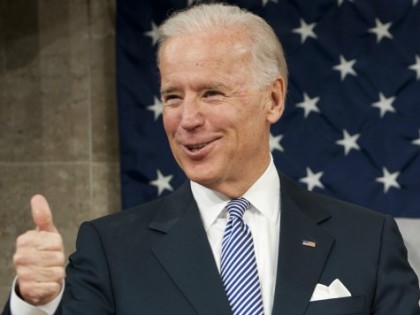
“You never know what’s going to come out of his mouth next,” he lamented. Others were less uncouth but just as apprehensive about papal imprudence, naiveté, and doctrinal squishiness.
Kresta urged his listeners not to take headlines at face value. After all, their authors are deeply invested in the “Good Francis/Bad Benedict” storyline and all the lucrative controversy it generates.
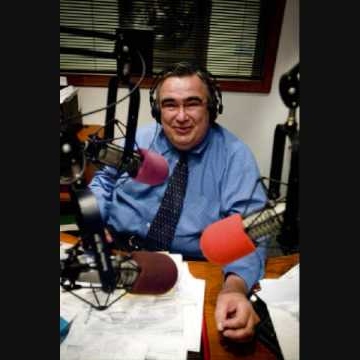
He continued:
I’m absolutely confident that he knows exactly what he’s doing. I don’t know if he is aware, however, of how frustrating it can be for us to try to explain these statements with people who are using them in a form of self-defense so that they don’t have to consider the truth claims of the Church—but…he’s trying to prick the conscience of the world.…I think it’s clear, what he’s trying to do here is reframe the discussion….
Let’s say we grant this: he’s neither unorthodox nor naïve, but intentionally seeking to provoke fresh thought, to shake us out of our own inertia, our own tired templates--because it isn't just the media that suffers from this problem. Let's say he wants to inspire us to enter into (as I’m certain he would put it) dialogue and encounter.
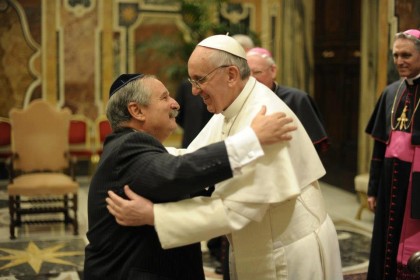
Many might respond with exasperation: Is this really necessary? Don’t people know where the Catholic Church stands by now, and haven't they figured out whether they agree with her or not? Can’t we just get on with the battle between good guys and bad guys?
Well, no—and here’s why.
The more I listen, the more I’m convinced that very few people have any inkling where the Church stands, and that dialogue and encounter, as Chesterton says about Christianity,
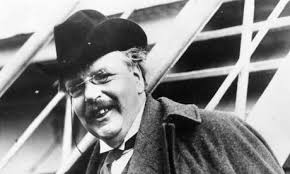
have not so much been tried and found wanting, as found difficult and left untried.
Parodies of dialogue and encounter abound, of course,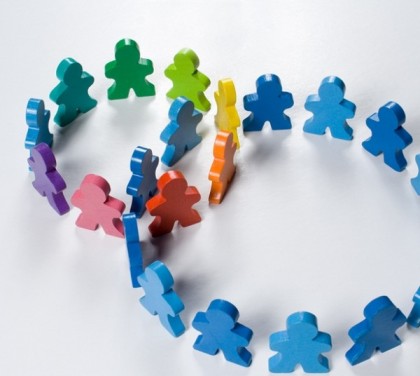 and so does can’t-we-all-just-get-along ecumenism.
and so does can’t-we-all-just-get-along ecumenism.
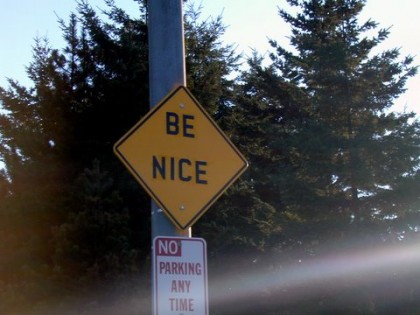
But the kind of dialogue wherein Catholics articulate the reasons behind the teachings on, say, birth control and “gay marriage” is just getting started. When the world was less outlandish, we weren’t forced to examine, articulate, or persuade. But as religious illiteracy becomes the norm and the pace of propoganda picks up, this is no time to stop seeking real interpersonal communion.
What makes me think people still don't know where we stand? Here's some anecdotal evidence:
- Listening to NPR the other night, I happened across some sort of lady minister who clearly considered herself very cutting-edge. She rejected the traditional Christian idea of God as a cruel dictator and child abuser, she said: her own “Christology” focused on the Cross, on a God who, instead of inflicting suffering, comes down and suffers with us. The audience broke into applause: everyone concerned seemed to think she had rejected something real and invented something new.
- Or take Francis' offer to baptize the baby conceived in adultery, it turned out that lots of people thought he was courageously defying canon law, because doesn’t canon law require that babies be punished for the circumstances of their conception?
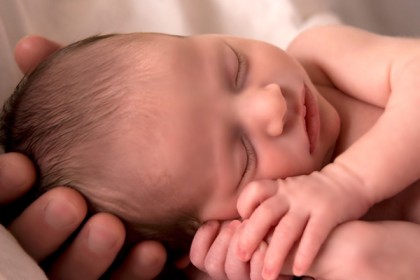
- Then there was the other day, when the Secretary-of-State-to-be noted the uncontested fact that priestly celibacy is a discipline, not a doctrine. This was understood to mean that the abolition of all celibacy was immanent.
- And last week, Francis expressed his belief that not all atheists are damned. This was treated as a break with tradition, a bold and revolutionary new doctrine.
Of course the reporting is simplistic and distorted. But if non-Catholics can't tell the difference, and Catholics can't explain it, we all have our work cut out for us. Are some of them arguing in bad faith? Sure. Are some of us giving bad example? Definitely. Do we all need to be shaken up a little? We do.
So is the Pope Catholic? It turns out he is. Does he know what he's doing? I think he does.
What do you think?

Comments (2)
JennyJennyGenesis.com
Sep 18, 2013 12:27am
This is so fantastic. I DO think that Francis is Catholic, and I think he is profoundly messing with all of our heads, in a great way. The way he responded to the young mother who wrote him of her problem "a baby conceived in adultry," to me was the authentic Catholic way to repond: congratulations, and what can I do to support you!!
Devra Torres
Sep 18, 2013 9:47pm
It was a false either/or scenario: either you condemn adultery and express that by refusing the baby baptism, or you're soft on adultery and express that by agreeing to baptize. There are provisions about baptizing babies in canon law: you have to have a reasonable hope that the baby will be raised Catholic, for example, and you have to have the consent of at least one parent. In Buenos Aires, when he was Cardinal Bergoglio, Pope Francis used to run into priests refusing baptism to the babies of unwed mothers, and he compared them to the Pharisees, and pointed out how it encouraged abortion instead of supporting the mother in her choice to have her baby at all.